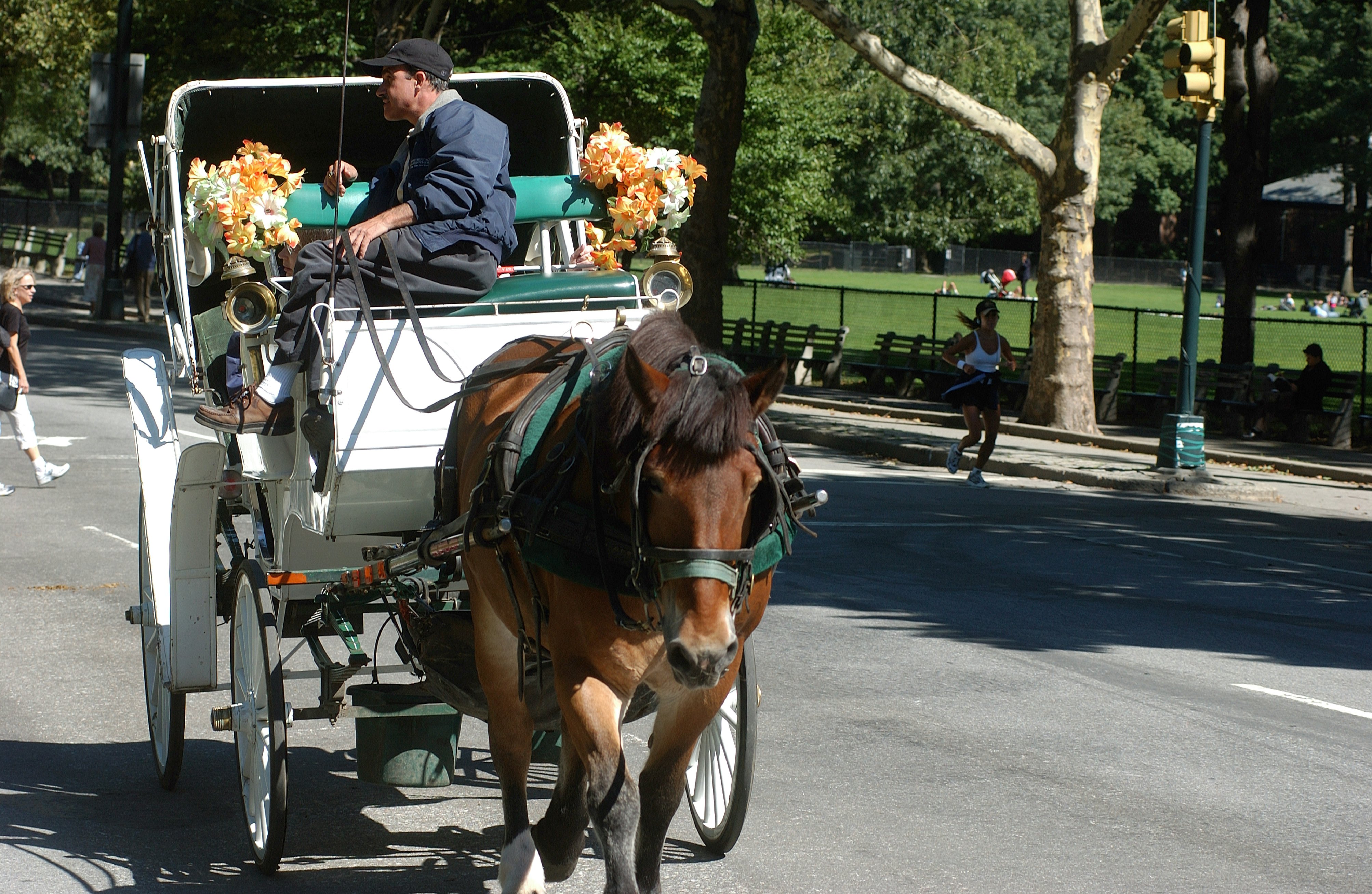
The 30 best countries, cities and regions to visit in 2025

A horse-drawn carriage in Chicago © Henryk Sadura / Moment / Getty
Soon the clip-clopping of horses' hooves along the Magnificent Mile in Chicago will fall silent. The city council has voted to ban horse-drawn carriages across the city.
According to the ordinance, which was approved in a Friday vote 46-4, the city will stop issuing new licenses to carriage operators on Jan 1, 2021, and no operators will be able to renew their current licenses.
The number of horse-drawn carriages in Chicago has steadily been decreasing over the years. According to the Chicago Tribune, there are currently only 10 active licenses, each of which costs $500 a year.
Chicago joins a number of other cities that are implementing bans on horse-drawn carriages. Montreal instituted a ban starting this year, and Salt Lake City; Key West, Florida; Camden, New Jersey; and Biloxi, Mississippi are among US cities that have already made the move.

Animal rights activists say the carriage-horse industry is cruel and abusive, while supporters maintain that the animals are well cared for and the rides provide jobs.
In response to animal welfare concerns, Chicago implemented regulations that protected the horses, such as limits on the number of passengers in each carriage and prohibiting tours in weather under 15 degrees Fahrenheit or over 90 degrees.
According to the New York Times, Dr. Dennis French, a veterinarian, vice president of the Horsemen's Council of Illinois and professor at the University of Illinois College of Veterinary Medicine, told the city council that the claims of animal mistreatment were unfounded.
“Representatives of the Horsemen’s Council have repeatedly inspected these horses, the harnesses that are used on them and the stables where they are kept, and we have found no causes for concern,” he said. “These horses are well cared for, healthy and they like to work.”
Kitty Block, president and chief executive of the Humane Society of the United States, said the ban would protect horses, who she says suffer from mental and physical ailments caused by working in the city.
"These animals suffer due to harsh working conditions, often experiencing chronic medical problems, including respiratory ailments and lameness, which are exacerbated by standing on hard surfaces for long periods and forced to pull overloaded carriages,” she said in a statement.
The move to ban horse-drawn carriages in Chicago streets was largely motivated by the work of the Chicago Alliance for Animals.
Jodie Wiederkehr, executive director of the CAA said in a statement, "The Chicago Alliance for Animals is thrilled that Chicago officials finally saw how Chicago's horse carriage operators refuse to self regulate and banned this inhumane, archaic and dangerous relic before a human or horse suffers or dies from this unnecessary activity, like so many have in other cities."
Last month a 12-year-old horse collapsed in New York's Central Park and was euthanized hours later. Video footage of the collapse spread on social media, renewing calls for the city to implement a horse-carriage ban.
You might also like:
Is Rome beginning to phase out its famous horse-drawn carriages?